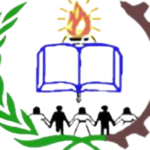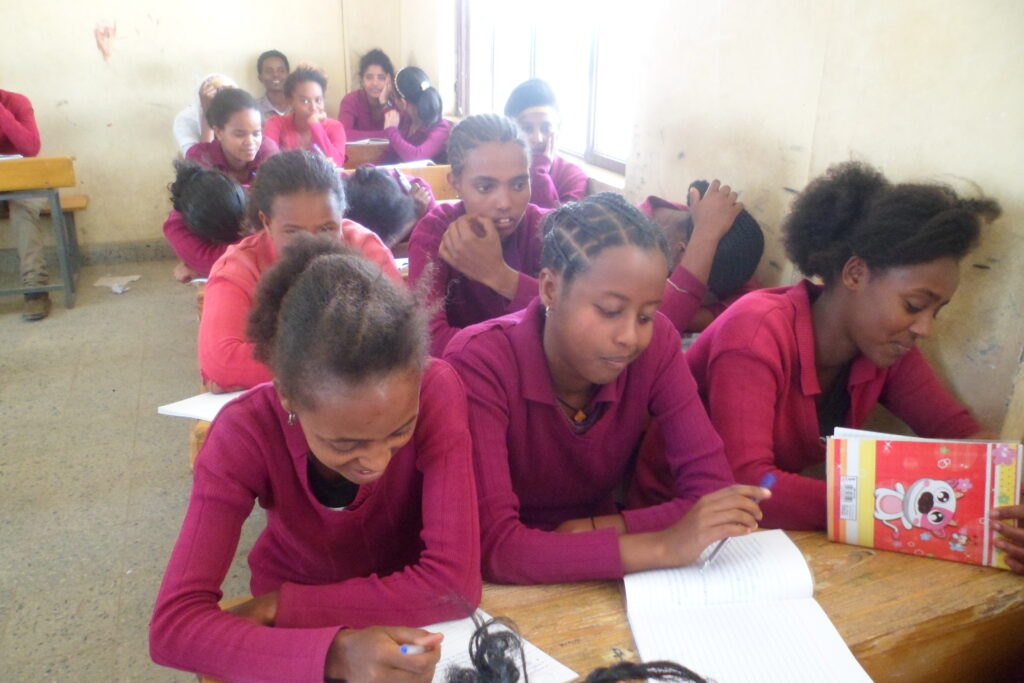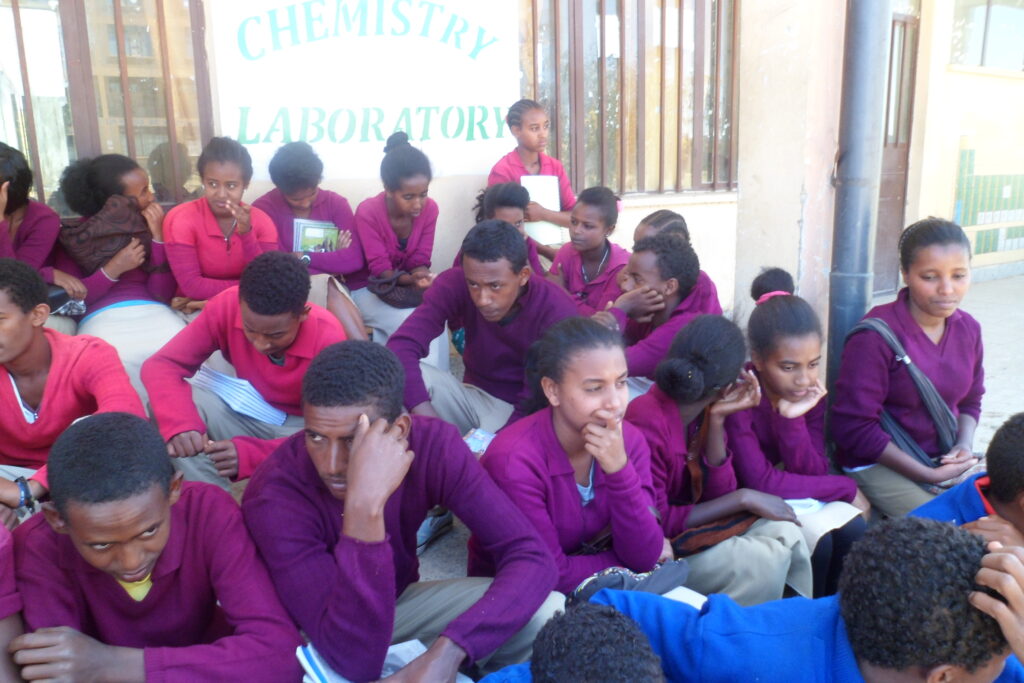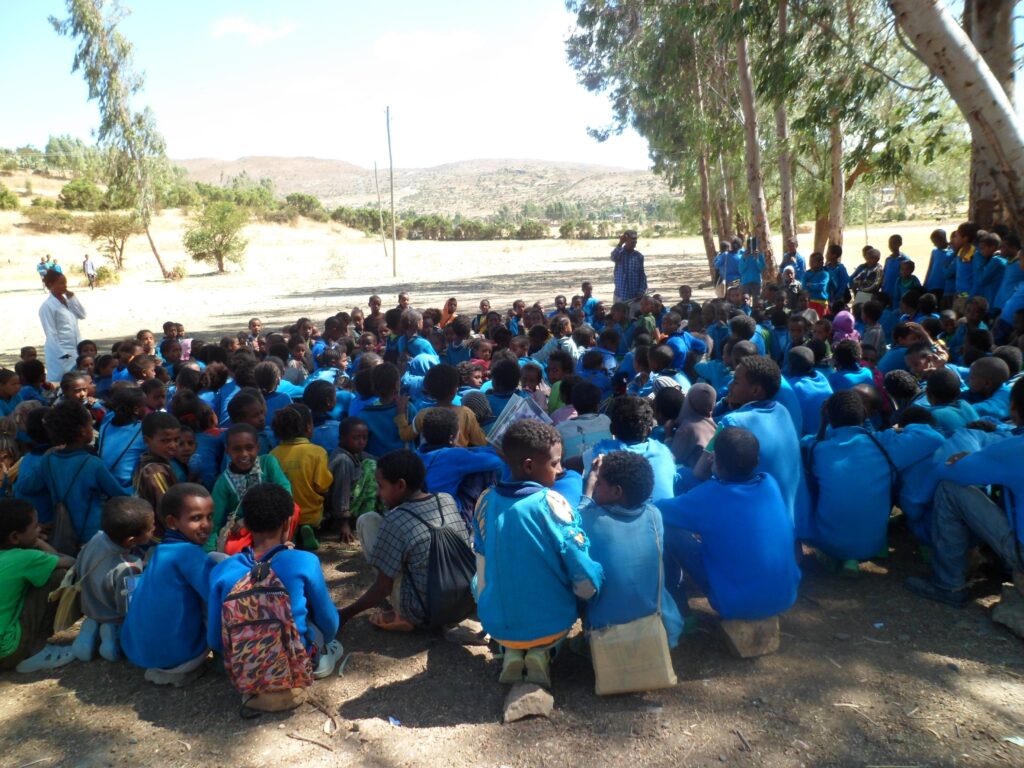Inclusive Education
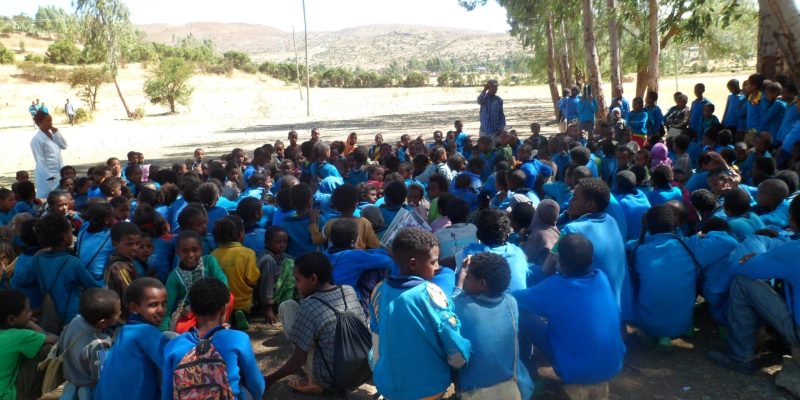
![[000255]](https://qesdo.org/wp-content/uploads/elementor/thumbs/000255-scaled-qb57a7lt4zkdolcj61vlojj3y5ho6bms9gtrwegn8g.jpg)
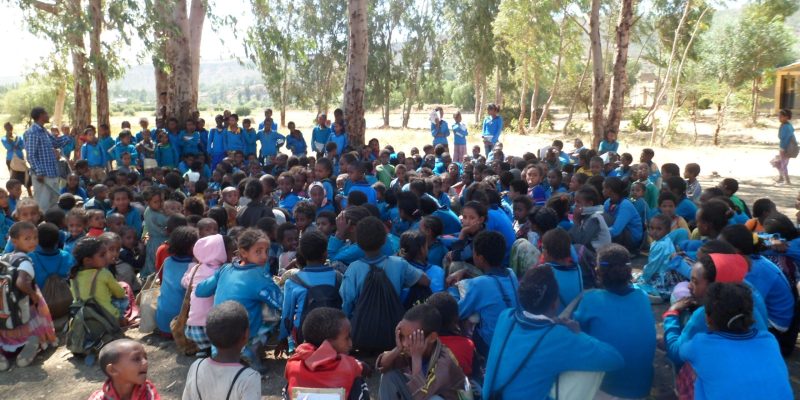
![[000268]](https://qesdo.org/wp-content/uploads/elementor/thumbs/000268-scaled-qb57av3rvugjqueecu19wvlmss9uir82op4wwbhsww.jpg)
QESDA on education
QESDA helps students ,teachers, directors and parents to improve the quality of education
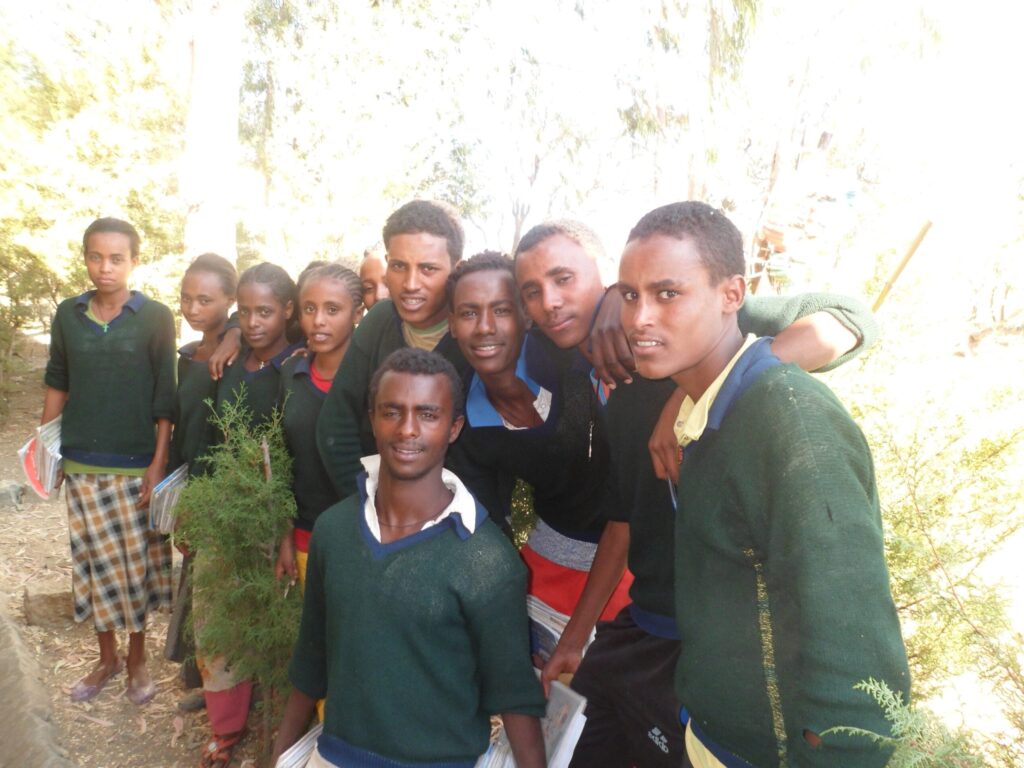

Quality of education is a major issue facing our societies and the planet, with inclusive quality of education being one its major components and challenges. Only smaller differences and standard deviations of quality of education across people and territories, at several levels, will we be able to achieve sustainable development, as recognized namely by the United Nations.
QESDO believes that Successful inclusive education requires school transformation and systems change. However, much of this reform is design-focused, and not resource-intensive. It is important to emphasis that inclusive education means that all children are together in mainstream classrooms for the majority of their day. This has demonstrated positive effects on student achievement and social wellbeing – for all children – and is far more efficient and effective than special schools and special classrooms. Often, the term ‘inclusive education’ becomes synonymous with education for children with disabilities. Whilst this may still be the primary motivation for inclusive education, successful inclusive practice will be successful for all children with many different attributes such as ethnicity, language, gender, and socio-economic status. Inclusive education is a continuous process of educational transformation, and a clear set of equity indicators – such as from UNESCO (2017) – can support inclusive education implementation. Measuring the success of inclusive education should go beyond merely counting students to evaluate access, but should include measures of educational quality, outcomes, and experiences. Understanding and evaluating teaching practices is also critically important. The Index for Inclusion toolkit, Supporting Effective Teaching project, and the Lao Inclusive Education Project by Save the Children (Grimes, 2010) are particularly useful inclusive education assessment tools, but other indicator sets and tools are also available.
Quality Education
The barriers to inclusive education are well-understood now, and include inadequacies in policy and legal support, resources and facilities, specialized staff, teacher training, pedagogical techniques, flexible curricula, supportive leadership, and cultural attitudes. However, current thinking suggests that it is perhaps more useful to think about ways in which existing successful inclusive education practices can be identified and scaled up, rather than focusing attention on deficiencies.Key factors in inclusive education implementation include school and classroom level implementation such as school reviews and plans; training and supporting all teachers in inclusive practices, not just ‘specialized’ ones; and supporting school leadership to enact an inclusive vision for their schools. National-level implementation requires enabling policy to clearly articulate and support inclusive education; having strong systems to data collection and management; providing flexibility in curriculum; and coordinating with other aspects of society in which inclusive education factors, such as employment.
QESDO working to assured quality education in Ethiopia ,Tigray and Affar region on the following activities
· Students’ capacity and motivation to learn :- determined by the quality of the home and school environments, the students’ health and nutrition status and their prior learning experiences, including the degree of parental stimulation .
· Teachers’ knowledge and skill, experience and motivation :- Effective teaching determined by the individual teacher’s knowledge of the subject matter and mastery of pedagogical skills, which create a strong positive effect on student achievement .
· Relevance and development of curriculum :- preparation and development of curriculum should be considered in light of what has been done to include the interests , needs and educational background of the students and their level of achievement.
· Quality of infrastructure / facilities:- Modern and well Equipped building ,School furniture ,Library , laboratory and pedagogical center. For effective learning to take place availability educational equipment and materials inside the classroom is one of the important factors.
· Textbooks :- After black board and chalk ,textbooks are the most common and most significant instructional material in most countries.
· School management :- In the school system ,the manager (principal or head teacher) is a key person to organize and mobilize the schools’ human and material resources for the successful realization of educational objective .
· Teaching - learning process :- well trained teachers use student centered teaching approaches in well managed classrooms and schools and skillful assessment to facilitate learning improve quality of education.
· Science and technology:- . QESDO encourage the student to participate in science and technology innovation program.
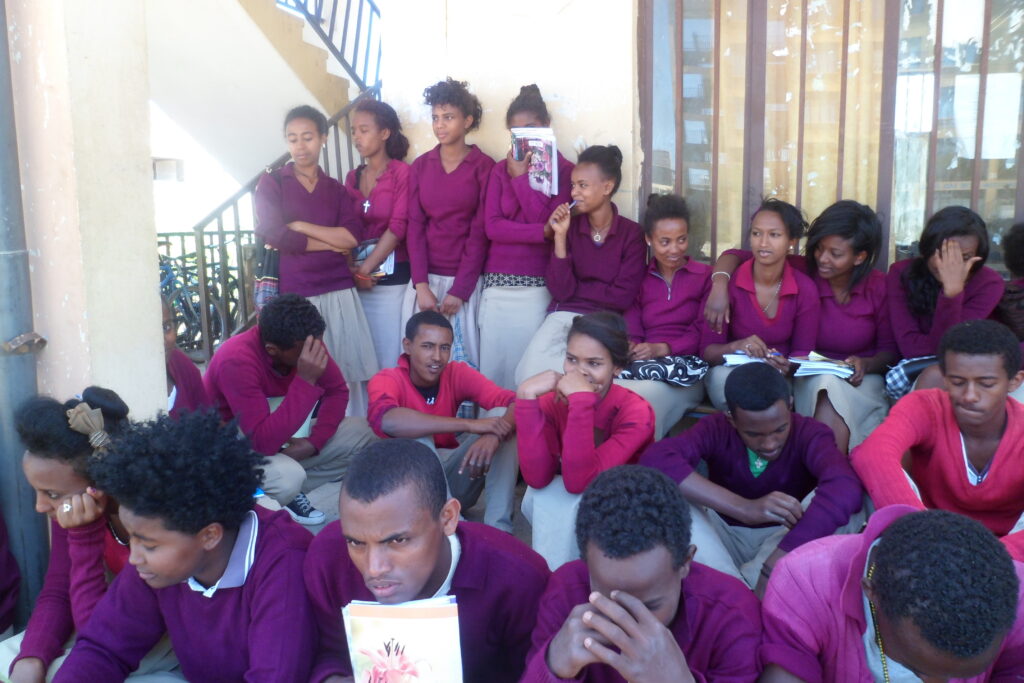
QESDO
Students in class
ESAP Project
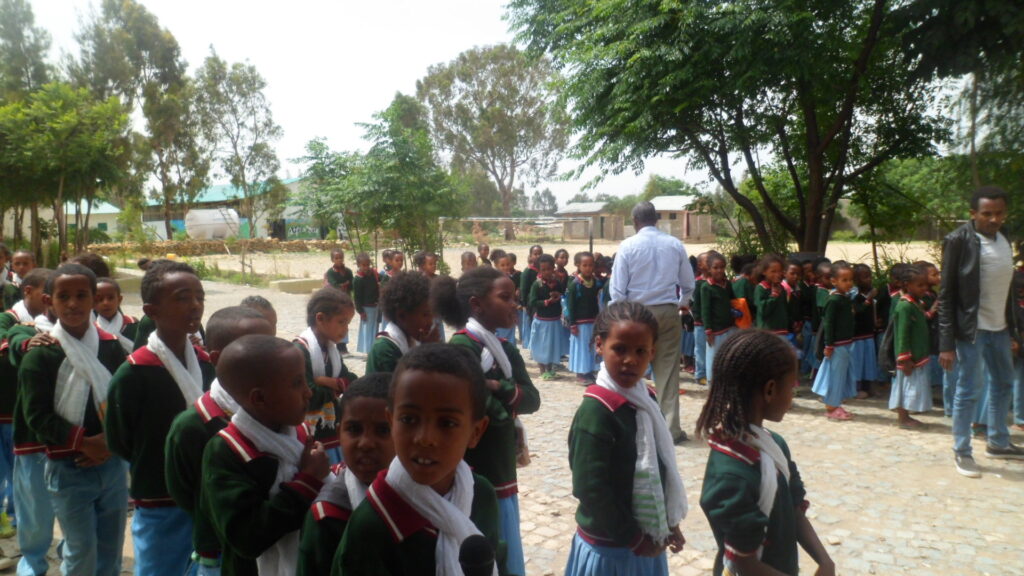
QESDO
Helping students
Student at school
Child Right
Quality education for all!

Background
As a non-governmental organization based in Tigray, Ethiopia. QESDO operates primarily in the areas of education, health, and protection to improve the lives of individuals and communities.
Vision
QESDO wants to see inventive and innovative society through ensuring quality accessible and inclusive education at all levels.
Mission
QESDO exists to contribute to the promotion of sustainable economic development through promoting quality education, school health ,research ,gender equality ,advocacy and capacity building training for adults, youths PSTA, teachers ,directors ,student and community in rural and urban areas of Tigray and Afar region.
Values
we QESDO value to transparency ,accountability , equality ,inclusiveness ,integrity , honest and fairness.
